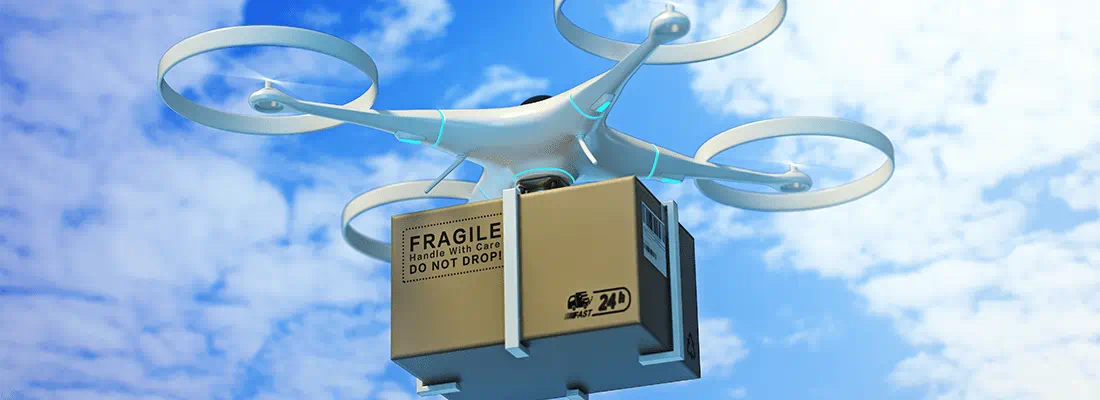General economic market unrest, geopolitical instability, and widespread anxiety and mixed messaging. While the COVID-19 outbreak is challenging the world, Aerial Mobility has been presented with the rare opportunity to be at the forefront of response to these conditions. Here are four ways that COVID-19 is accelerating the deployment and development of aerial mobility technology.
Surveillance drones
The surveillance technology was previously used for surveying, while during the time of COVID-19 it could be used as surveillance drones to support the enforcement of curfews. MicroMultiCopter Aero Technology, has a drone that could be geared with loudspeakers, thermal sensor, 40-times zoom lenses and even flood lights to help enforce quarantines and curfews. Since the outbreak, such drones has been flying over eleven different Chinese cities.
Corollaries in Disaster Relief
There are many more specific advantages of a drone compared to a ground based system during a natural disaster relief scenarios. This fact does not apply directly to COVID-19, but drones do find those needing rescue significantly faster than ground-based Search and Rescue methods.
Rapid transport of medical goods
Aerodeli, gained the first commercial drone delivery license from China in the end of 2019. In the beginning of 2020, they have starting to use their technology for safe transport of medical sample technology. The drone delivery significantly reduces contact between the product and personnel. This is during a time of a medical crisis, an huge advantage. Furthermore, the unmanned delivery improves the delivery speed as well.
Other examples of medical goods transport are being tested during this time as well. For example, transportation of human organs in critical scenarios. All of these transportations are being tested with a battery powered helicopter or air texies.
Food delivery drones
When there is a quarantine enforcement, primary applications of drone aerial mobility become beneficial such as transport of medical goods, surveying and mapping but also transport of food and consumables. While this is a challenging time , the outbreak of COVID-19 is a fortunate event that leads to a function and progress of drone deliveries on a larger scale. The benefits of a drone that could transport food, consumables and emergency equipment in scenarios such as a virus or a hurricane is becoming blatantly clear. During this time, UPS and DHL are already piloting their own drone delivery services. These services are mainly based on large fulfillment centres and e-commerce stores.
Read the full article of Transport-Up here.






